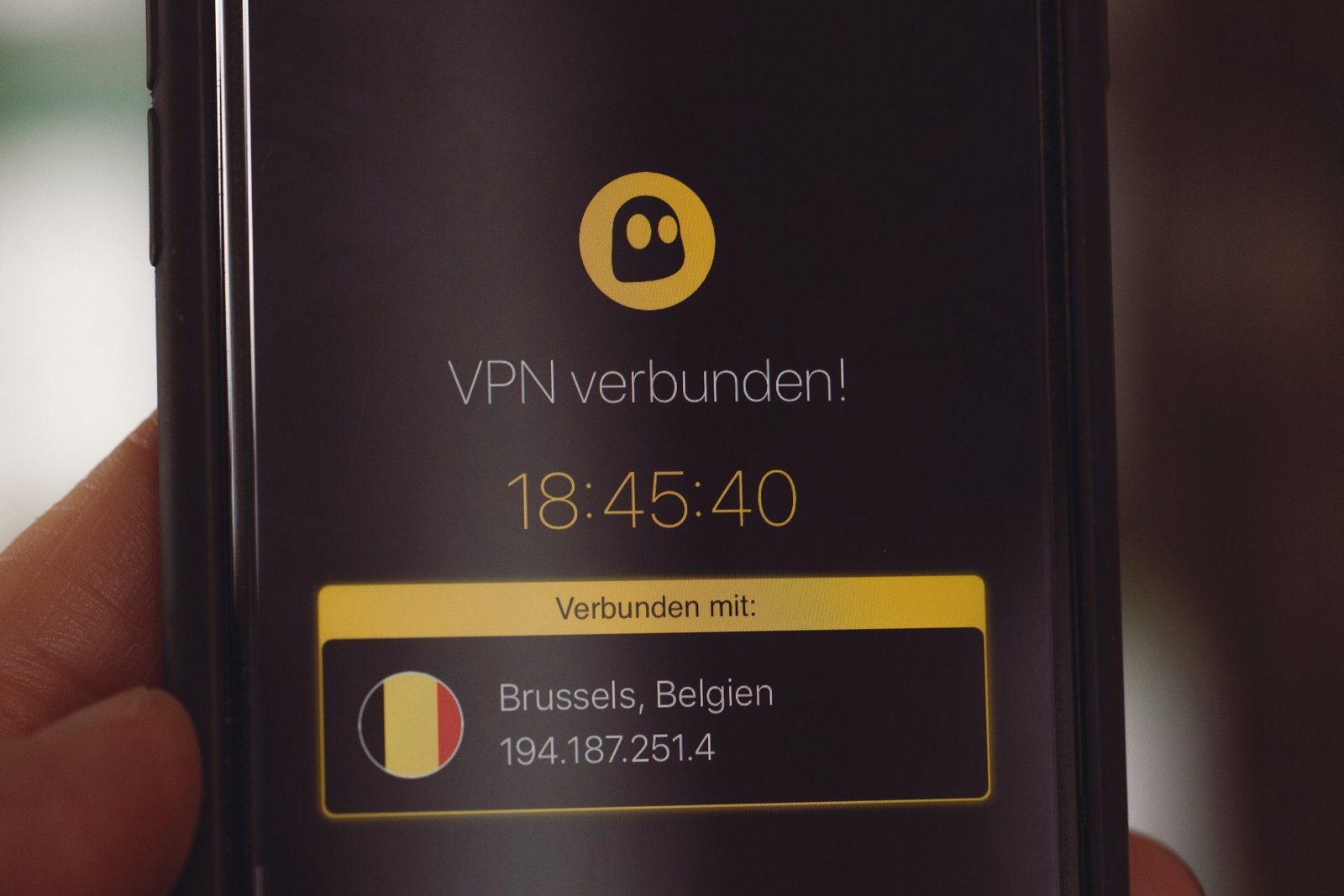The term Digital Security means different things to different people. I asked a friend what they understood by this term and they said, “it means being conscious of what you send with your gadgets”.
In the new world of Internet of Things (IoT), the importance of securing one’s privacy and data cannot be over emphasized. In addition to IoT, the proliferation of social media platforms has created its own set of challenges for users. In particular, without realizing it, we leave a digital footprint anytime we go online and conduct a transaction, ranging from banking to setting up a new email account or joining the likes of Facebook, LinkedIn, Twitter, to name a few of the popular ones.
As these new ways of communication and life styles take over, we need to be aware of the exposures and how a nefarious action by a “bad guy” can make our lives miserable. Digital Security or Information Security is the branch of Information Technology that focuses on the protection of our online activities. The bad guys (actors) are becoming more sophisticated and protecting yourself or identity online should be taken very seriously.
It was the night of Feb 15, 2006. John logged into his online bank account from the comfort of his home and discovered a strange check has been cashed on his account. Because he usually doesn’t write checks with such large amounts, he was very suspicious of the transaction. The next morning, John went to the bank and the inevitable had happened. Though the Bank refunded all the amount on the check, John has just been introduced to the world of Identity Theft. ID Theft is when someone steals your personal information and use your name to open accounts or transact other businesses to make money without your knowledge. This can happen online or if you lose your documents. Our example relates to online ID Theft. Unlike John, you may not realize this has happened until you decide to transact a business with your accounts. The phenomenon is so common that the need to protect ourselves and our personal information online is one of the most popular areas of study in the 21st century.
John’s experience is not uncommon anymore, however, the resolution depends on where you live. Although John got his money back from the bank, the effect of identity theft can linger on for years. Identity theft is a very lucrative business and some bad guys do it for fun while others do it for the monetary gain. Failing to protect ourselves can leave us vulnerable to the negative effects of identity theft. And by the way, these are not limited to big companies anymore. To protect yourself adequately, look for tools like anti-virus software, and secure your smartphones through available biometric methods such as fingerprints or iris scanning, also look for smart card-based or SIM card protection to secure your mobile devices. Knowing the tools is one thing but understanding and practicing some basic digital security hygiene can go a long way in keeping you safe while navigating the world wide web of information.





